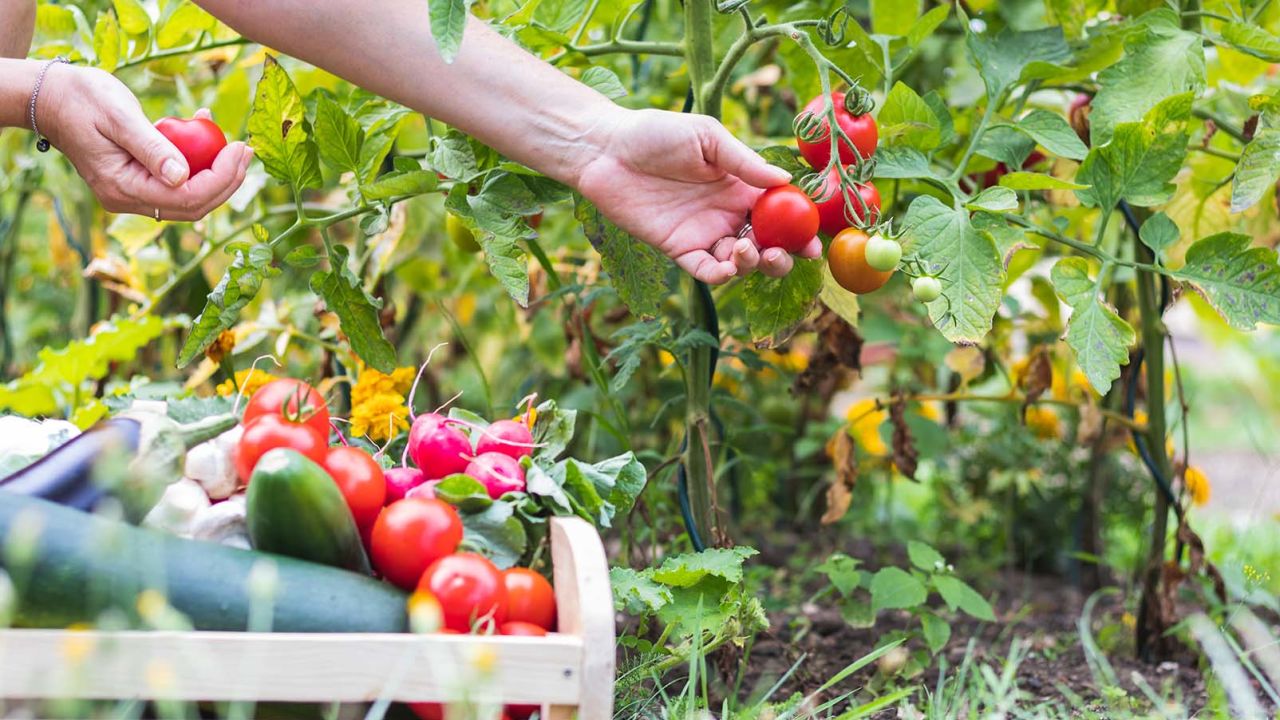From Beginner to Naturalist: Navigating the World of Newbie Gardening
Wiki Article
From Beginner to Environment-friendly Thumb: A Step-by-Step Trip Via the Art of Gardening

Understanding Your Horticulture Space
To start your gardening trip, it is vital to recognize the special attributes and constraints of your horticulture room. Take a moment to observe your environments. Is your area large or small? Is it revealed to complete sunlight or does it obtain partial color? Exist any certain challenges you may face, such as inadequate soil quality or limited water accessibility? Recognizing these variables will aid you make informed decisions about the kinds of plants that will certainly grow in your room.Take into consideration the dimension of your gardening area. You might require to concentrate on container horticulture or vertical horticulture to maximize your expanding location if you have a small room. On the various other hand, if you have a large room, you have the deluxe of growing a variety of plants and creating various zones within your garden.
Following, review the quantity of sunlight your space obtains. This will identify which plants will certainly flourish and which ones may struggle. You can opt for shade-loving plants like ferns or hostas if your space is shaded. If your space obtains complete sunlight, you can grow a vast array of plants, consisting of veggies, natural herbs, and blossoms.
Lastly, consider any challenges or limitations specific to your space. If your soil quality is inadequate, you might need to amend it with garden compost or select plants that are tolerant of less-than-ideal conditions. If water is scarce, you can select drought-tolerant plants or carry out water-saving techniques like mulching.
Selecting the Right Plants for Your Garden
Select plants that are well-suited to your yard's unique conditions and your individual preferences. When selecting plants for your garden, it is essential to take into consideration elements such as sunlight, dirt kind, and environment. Have a look at the quantity of sunlight your yard gets throughout the day. Some plants flourish completely sun, while others prefer partial or perhaps complete shade. Take into consideration the soil kind in your yard. Some plants choose well-drained dirt, while others thrive in damp or clay-like soil. In addition, think about the climate in your location. Some plants are better fit for warm and dry environments, while others can endure chillier temperature levels.Another essential element to take into consideration is your individual preference. Do you prefer a garden full of vivid blossoms, or are you extra thinking about growing natural herbs and veggies? Assume about the purpose you want your garden to serve and the aesthetic you intend to attain. It's additionally worth taking into consideration the upkeep degree of the plants you pick. Some plants call for even more treatment and focus, while others are extra low-maintenance.
Preparing the Dirt for Growing
The majority of plants choose a somewhat acidic to neutral pH, around 6.0 to 7.0. Poorly drained dirt can lead to water logged roots and other plant health and wellness concerns. By evaluating and making needed modifications to your dirt, you can produce an optimal atmosphere for your plants to prosper.Nurturing and Keeping Your Garden
Make certain to water your plants deeply, permitting the water to permeate the soil and get to the origins. Regular weeding is additionally vital to maintain your garden cost-free from unwanted plants that compete for nutrients and area. Routinely evaluate your plants for any type of signs of invasion or illness and take instant action to protect against additional damages.Troubleshooting Common Gardening Issues
To attend to typical horticulture issues, beginning by identifying the problem and taking immediate activity. Among one of the most typical problems garden enthusiasts face is parasites. You might have an insect infestation if you observe eaten leaves or plants that are wilting for no noticeable factor. Evaluate your plants closely for indications of bugs or various other pests. If you find any type of, eliminate them by hand or use organic insect control techniques. Another common trouble is nutrient deficiency. They might not be obtaining adequate nutrients if your plants have actually yellow or blemished fallen leaves. Consider feeding your dirt or adding garden compost to boost its nutrient content. Overwatering is one more concern that can damage your plants. You may be overwatering if you observe water logged dirt or wilting regardless of appropriate watering. Change your watering routine appropriately and guarantee proper drainage. Disease can likewise impact your garden. If you see spots, mold and mildew, or uncommon growth on your plants, maybe a sign of condition. Get rid of impacted plants and treat the remaining ones with natural fungicides or pesticides. By promptly addressing these usual problems, you can guarantee the health and success of your yard.Final Thought
By recognizing your gardening area, selecting the right plants, preparing the dirt, and nurturing your garden, you have actually gotten over common gardening problems like a pro. Currently, equipped with expertise and experience, you are all set to delight in the appeal and wealth of your growing yard.
When picking plants for your garden, it is essential to consider variables such as sunlight, soil kind, and climate. Some plants prefer well-drained dirt, while others flourish in wet or clay-like soil (newbie gardening). By recognizing your gardening space, selecting the right plants, preparing the soil, and supporting your garden, you have actually gotten rid of common horticulture issues like a pro
Report this wiki page